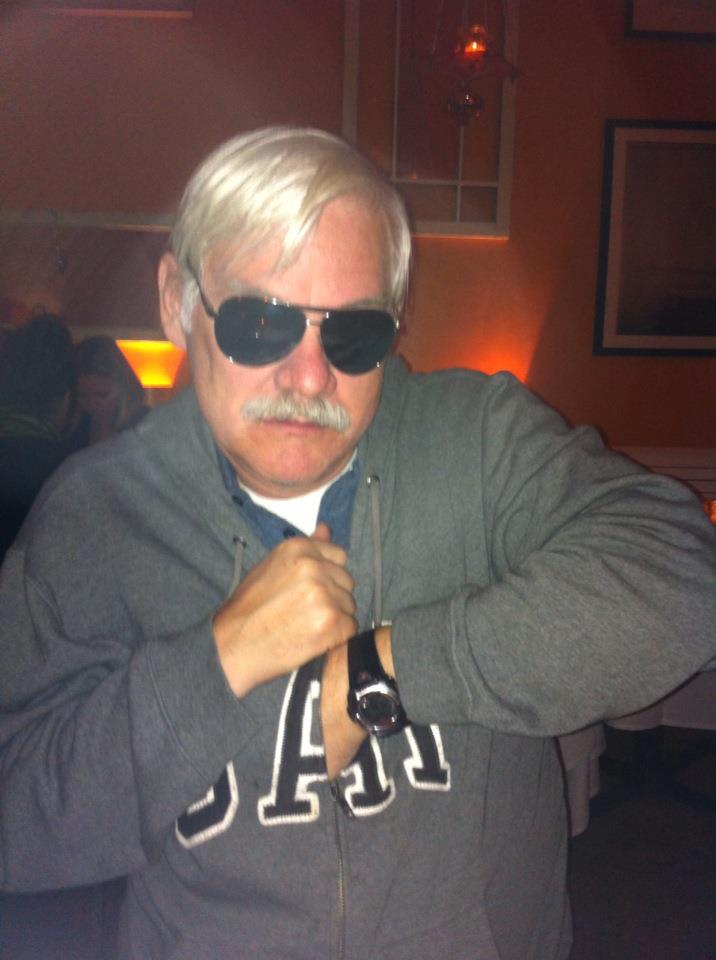The first country President Morales visited was Cuba. His first acts as president have been to pass pro-life and pro-humanitarian policies that will improve the quality of health care for all Bolivians and increase their longevity.
Other indigenous movements are also springing up across Latin America. Countries like Peru, Ecuador, Guatemala, and others are seeing large grass-roots organizations arise to deal with the inhumane conditions that exist there and elsewhere. Even Commandante Marcos in Chiapas, Mexico, has become a force to reckon with, though it is still somewhat uncertain what agenda he is really looking to promote.
But one of the most stellar regime changes in modern times has to be the one in Venezuela with the twice elected Hugo Chavez, another Indigenous child who came to power through democratic elections and has proven to be a man of the people. Like Castro, Hugo has been vilified in the Western press for his staunch Socialist policies such as free health care, free education, and an insistence that all Venezuelans learn their Constitution by heart. He has even insisted that common products purchased in supermarkets, such as detergent soap, rice, beans, and others,include parts of the Venezuelan Constitution written on the package itself so that the people are almost forced to read and understand their own legally-binding core documents.
As with Cuba as well, there was a coup to overthrow President Chavez on April 11, 2002. This illegal coup d'Ã �tat, perpetrated by the CIA and Venezuela's oligarchs, succeeded for two days, enough time for the United States to recognize the illegal, new regime and wish it well. Unfortunately for the Bush administration, the people of Venezuela refused to lie down and allow the CIA and the oligarchs to simply run roughshod over them. Within 48 hours, there had been a spontaneous and nationwide uprising against the coup and the leaders were forced to return the democratically-elected President Hugo Chavez back to power.
President Castro's role in the whole affair is little known, but very dramatic. On the day of the coup, April 11, President Castro and his close associates were watching the events unfold in Caracas, the capital of Venezuela, on the TV channel Venezolana de Televisià �n. The pro-Western marchers that day had turned to march on the presidential palace, even though they had no permit to do so. Shots soon rang out and people started falling in the streets. Suddenly, the satellite feed went dead andPresident Fidel and the othersfeared for the worst. Several Cuban citizens started receiving calls from loved ones in Caracas who were telling them goodbye as they expected to fight in the resistance of the coup d'à �tat and die.
President Castro tried frantically to get through to President Chavez, but to no avail. Then, just after midnight, he received a call from Chavez. � ���"We're dug in here in the Palacio (at Miraflores). We've lost the military guard that would have decided the issue. They've cut off our television feed. I have no forces to move, but I'm analyzing the situation.� �� �
President Castro asked, � ���"What forces do you have with you?� �� �
� ���"Between 200 and 300 exhausted men.� �� �
� ���"Any tanks?� �� �
� ���"No. There were some, but they withdrew them back to their base� �� �
Then, as diplomatically as possible, President Castro offered his advice. � ���"Can I give you my opinion? Lay down you're the conditions for an honorable agreement and save the life of the men you have, which are the men who are most loyal to you. Don't sacrifice them, or sacrifice yourself.� �� �
President Chavez's answer was full of emotion, � ��˜Every man is ready to die here.� �� �
� ���"I know, but I believe I can think about this more calmly than you can at the moment. Don't resign, demand honorable conditions for surrender, guarantees that you won't be the victim of a felony, because I think you should preserve yourself. Besides, you have a duty to the men with you. Don't sacrifice yourself.� �� �
It is fitting that Vice President of Venezuela, Josà � Vicente Rangel, who was with President Chavez at that very moment later stated, � ���"Fidel's call was decisive in preventing mass self-sacrifice. It was the determining factor. His advice allowed us to see better through the obscurity. It helped us a great deal.� �� �
President Castro continued to help Chavez throughout the ordeal, talking through theevents with his daughter Marà a Gabriela. Through her, he was able to negotiate with the rebels and eventually secure the release of President Chavez and help restore him to power. Of course, in the United States little is ever mentioned of the failed coup and the CIA's involvement, nor of the immediate recognition by the Bush government of an illegitimate regime that had just overthrown a democratically-elected president.
President Castro has been a long and ardent critic of the neoliberal agenda pushed by the United States and forced onto its Latin American neighbors. Policies such as NAFTA, FTAA, and others are meant to help the US only and keep Latin American countries in constant abject poverty from which the US canexploit the millions willing to sacrifice everything just to come to the US and live in slave-like conditions for slave wages and for a country that hates them unequivocally. But the times are changing. There is a new direction being taken by more and more Latin American countries and headed by President Hugo Chavez. It is now conceivable that the long suffering of Latin America may finally be at an end and their peoples may yet be able to prosper from that which is theirs and not the illegal property of the United States.
(Note: You can view every article as one long page if you sign up as an Advocate Member, or higher).





